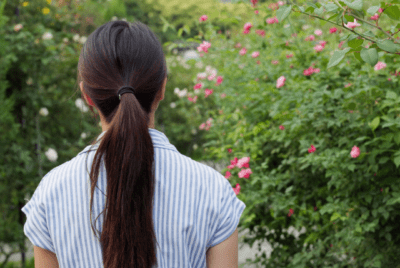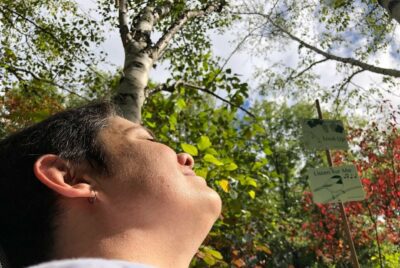RESEARCH
Migrants’ Experiences of a Nature-Based Vocational Rehabilitation Program in Relation to Place, Occupation, Health and Everyday Life
Summary
This study explores a nature-based vocational rehabilitation program in Sweden designed for migrants, focusing on how it influenced their perceived health and integration into daily life. The program, conducted at the Swedish University of Agricultural Sciences (SLU) Alnarp Rehabilitation Garden, involved groups of 6-9 participants engaging in garden and horticultural occupations like propagation, growing, harvesting, planting, and maintenance. These activities offered diverse cognitive and physical challenges to improve their mental and physical functioning. Led by an occupational therapist and a gardener, the 12-week intervention, also incorporated a work ability assessment conducted by the occupational therapist, based on the individual treatment goal set at the beginning.
The study’s findings, based on narrative analysis of interviews with seven participants, are presented in three themes: the meaning of belonging in the garden, the meaning of occupation and its transferability to everyday life, and navigating uncertainty in everyday life. The authors argue that successful integration in society depends on a combination of factors understood as a whole, including capability, occupation, place, and work, which are crucial for migrants navigating the Swedish Public Employment Service establishment program. The results emphasize the potential of nature-based interventions to support the health, work, and integration of migrants into society.







